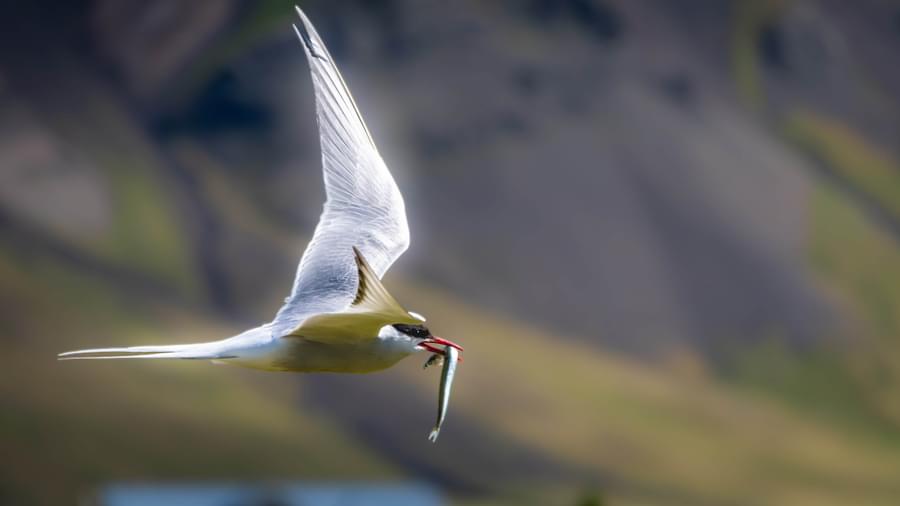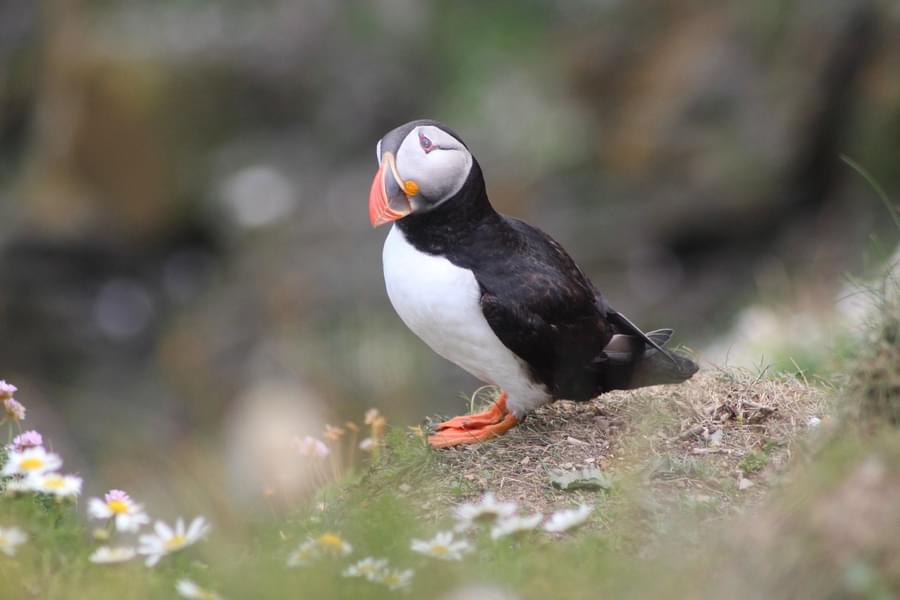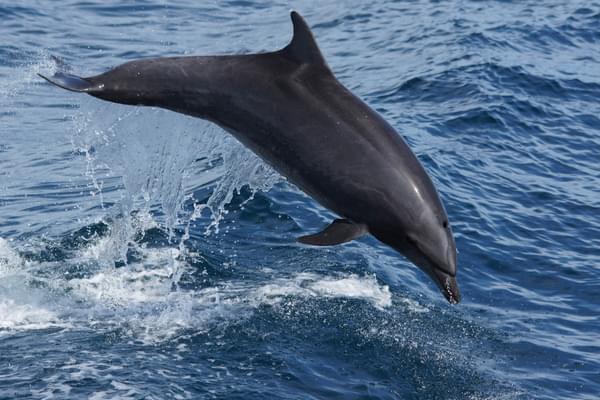There’s been a new twist in the story we’ve been closely following about the UK’s stand against the fishing of sand eels - a key food source for cetaceans in UK waters as well as seabirds, but a lucrative and hotly disputed target for European fisheries.
As a quick recap, the UK government placed a complete ban on sand eel fishing back in March 2024, and extended it to vessels of any nationality. This particularly incensed the Danish fishing industry, who hold 96% of the EU's North Sea sand eel quota and claim to have lost £17 million from the ban.
The ban was a significant move in addressing the decline of seabirds, particularly puffins, kittiwakes, guillemots, shags and Arctic terns as well as marine mammals such as harbour porpoises, grey seals and minke whales. Some 446,765 tonnes of sand eels – about 11 billion individuals – were caught in British waters in 2021.

Last Friday, the European Commission announced it was moving to request the establishment of an arbitration tribunal on the issue under the dispute settlement mechanism of the EU-U.K. Trade and Cooperation Agreement (TCA), the mechanism set up after Brexit to resolve any emerging trade issues.
Suffice to say this is the first occasion its actually been used, but it gives some indication of just how determined the EU are to break the UK's resolve on this issue
And in this case, timing is everything. The EU knows that the new UK government wants to undertake a reset of its relationship with Europe and unthaw some of the frostiness that has set in post-Brexit. In its eyes, there will be some bargaining to be had and sand eels are now an EU bargaining chip.
Speaking to The Fishing Daily, the Danish Fishing Industry could barely conceal its glee. Its chair, Jens Scchneider Rasmussen said “This arbitration sends a clear message to the UK and third-countries that irresponsible fisheries management will (in the end) come at a cost - namely access to our valuable internal market, It’s a sign that the EU is now actively linking fisheries policy with trade.”
Much could be written here about who is mostly responsible for irresponsible fisheries management, its ultimate cost and how people in glass houses shouldn’t throw stones but we’ll stick with sand eels.

The UK government, which is contesting the dispute, said the decision to ban industrial fishing for sand eels was taken for sound environmental reasons as it is allowed to do under the Trade and Cooperation Agreement and that it had not allocated any quota to UK vessels to fish for sand eels for three years. So it wasn’t protectionist and was based on science.
In response, the EU said “Consultations concluded without reaching such a mutually agreed solution, to which the EU remains open. The establishment of an arbitration tribunal constitutes the next step of the dispute settlement procedure.”
The statement adds (without any apparent irony) that measures to manage “shared resources” must be “non-discriminatory, proportionate to the objectives and based on the best available scientific evidence.”
In the short term, those who value the sand eels as an integral part of North Sea ecology (rather than feed for the aquaculture industry which is its main commercial value) we’ll need to place our faith in trade lawyers and a statement from the UK government that it has no intention of changing commitments on the ban that have been made. But the issue isn’t going away, since Brussels has made clear that a new settlement on fishing will have to be part of any new Brexit deals struck with Starmer’s government.
Title Image: Sandeels are a primary food source for the harbour porpoise pictured. Photo credit: Elfyn Pugh

ORCA's work to protect whales and dolphins has never been more important and to help safeguard these amazing animals for the future we need your help. Please support our work by donating at www.orca.org.uk/donate to help us create oceans alive with whales and dolphins.

